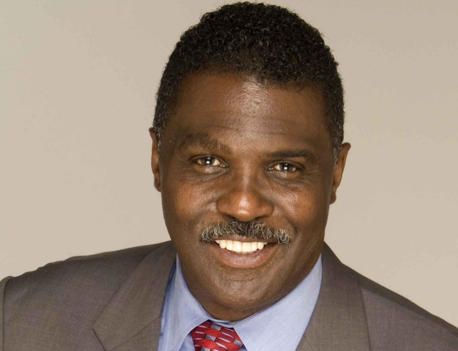By Glenn Ellis
The U.S. healthcare system has the dubious honor (in a study by the Commonwealth Fund) of ranking dead last when compared to the systems of 10 of the top Western countries in the world!
Not surprisingly – given the absence of universal coverage – people in the U.S. go without needed health care because of cost more often than people in the other countries.
Not only that, but health care in the United States is the only place, really, where the person who decides he or she wants something, and the person who delivers it, really don’t even have to talk about what it’s going to cost.
If you don’t know what something is going to cost, how do you know whether it is better or worse than an alternative?
The Dartmouth Institute for Health Policy and Clinical Practice has extensively examined today’s opaque system. Among its findings: More than 30 percent of U.S. health-care spending is on unnecessary care. Not only that, overcoverage and overdiagnosis hurt more than help. A 2012 book titled “Overdiagnosed: Making People Sick in the Pursuit of Health” describes this problem as “medicalizing life,” meaning interpreting ordinary experiences as diseases and always urging a medical remedy.
The media gets some of the blame for promoting fear of disease and indicating that early, aggressive treatment is important. Hippocrates thought otherwise. “Doing nothing,” he wrote, “is sometimes a good remedy.”
Doctors who fear malpractice claims also play a part. They don’t skimp on screenings, treatments, and prescriptions. And patients with generous health plans often persist in unhealthy habits such as smoking, drinking, overeating, and not engaging in physical activity. In short, the current system is broken.
To be sure, there is an especially real problem for low-income Americans who need but can’t afford treatment. Traditionally, their safety net until now has been hospital emergency rooms.
Generally speaking, prices rise when demand increases relative to supply. Health care is no different. However, there are other forces that influence the cost of health care. In 1961, President Dwight D. Eisenhower advised Americans to “guard against the unwarranted influence by the military industrial complex.” He said that “the potential for the disastrous rise in misplaced power exists and will persist.” President Eisenhower’s words proved prescient as Congress and the president were engrossed in a trillion-dollar debate over the growth of military defense spending over the half-century since that farewell address.
Between the years 1750 and 2000, healthcare in the United States evolved from a simple system of home remedies and itinerant doctors with little training to a complex, scientific, technological, and bureaucratic system often called the “medical industrial complex.” The complex is built on medical science and technology and the authority of medical professionals. The evolution of this complex includes the acceptance of the “germ theory” as the cause of disease, professionalization of doctors, technological advancements in treating disease, the rise of great institutions of medical training and healing, and the advent of medical insurance. Governmental institutions, controls, health care programs, drug regulations, and medical insurance also evolved during this period. Most recently, the healthcare system has seen the growth of corporations whose business is making a profit from healthcare.
What this all comes down to is quality of life for everyone; requiring healthcare to reinvent the way it works and leads to evolve its relationships with all of us – male or female; rich or poor; young and old; Hispanic, African-American, white, or any race and ethnicity.
The U.S. healthcare system is by far the most expensive in the world, but it now leaves many millions of its citizens totally still without coverage and fails to provide adequate protection for millions more. And the quality of care is on average inferior (at best) to that of countries that spend much less.
By and large, U.S. healthcare can be summed up in one word: insurance. It is intended to protect individuals and families against the possibility of a devastating financial loss. Many believe this system is the only way to avoid bankruptcy and the trauma that accompanies an expensive medical bill they cannot afford to pay—in multiple lifetimes. Yet, even with insurance, a serious illness can lead to financial ruin.
The question is who will be responsible for healthcare in America? To truly fix the medical system in the United States, the nation must take another look at the problem itself. Everyone wants to be healthy. These same people, however, cannot agree on how this should be achieved. Clearly healthcare in this country is broken and America is deeply divided on how to fix it. Yet the bridge between the two sides is agreement that something must be done.
Remember, I’m not a doctor. I just sound like one.
Take good care of yourself and live the best life possible!
The information included in this column is for educational purposes only. It is not intended nor implied to be a substitute for professional medical advice. The reader should always consult his or her healthcare provider to determine the appropriateness of the information for their own situation or if they have any questions regarding a medical condition or treatment plan.
Glenn Ellis, is a Health Advocacy Communications Specialist. He is the author of Which Doctor?, and Information is the Best Medicine. For more good health information, visit: www.glennellis.com



